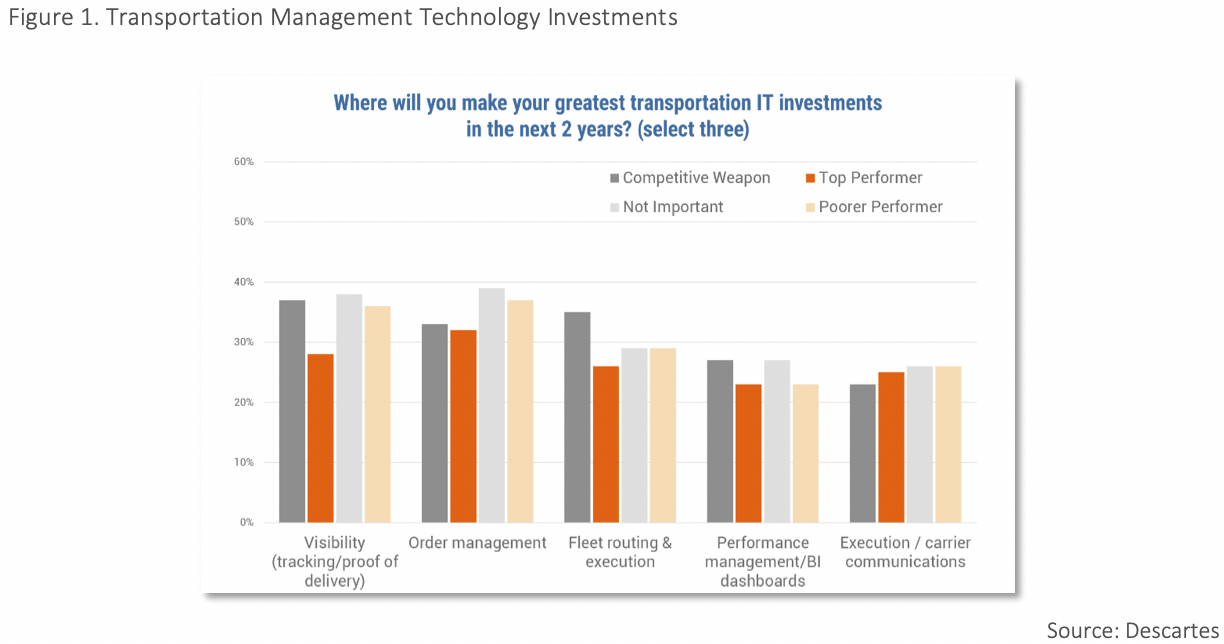StayLinked’s research report, titled ‘Dropped Sessions – The Hidden Productivity Killer’, is the first to explore the impact of dropped sessions with those directly involved in warehouse operations: the warehouse worker. Dropped sessions occur when the connection is lost between a worker’s mobile device and the warehouse management system (WMS). The report reveals that over 30% of workers experience a dropped session at least once per hour. Each worker incurs an average of 50 minutes of lost productivity per day resolving dropped sessions. The average cost of dropped sessions per worker, per day is £13.02. For a warehouse with 50 workers this equates to £650.91a day and £162,727.61 a year.
In the majority of warehouses, dropped sessions are deemed to be a standard occurrence that workers simply endure. However, the impact goes further than simply productivity. Workers often lose all access to the workflow task they were in the process of completing, which can include the associated data. Resolving the issue often requires them to login again and repeat the task – or even swap their device for a new one – increasing the risk of missed service level agreements (SLAs) and financial penalties.
“Dropped sessions cost warehouses significant amounts in lost profitability. That’s what this report, which is the first look at the impact of dropped sessions from a warehouse worker’s perspective, tells the market,” said Justin Griffith, chief technology officer, StayLinked. “It also reveals that warehouse operations managers are not fully aware that dropped sessions are a single identifiable problem that is impacting efficiency, driving up hidden costs, and eating away at the bottom line.”
These hidden costs around dropped sessions don’t just affect warehouse workers. For example, StayLinked’s report reveals that 33% of warehouse workers said they need to enlist the help of costly and valuable IT support to regain connectivity.
“Warehouse managers may have overlooked dropped sessions as being a prolific productivity killer because ‘dropped sessions’ is not a term used by warehouse workers when experiencing connection issues,” continued Griffith. “Workers refer to program crash, black screen, system crash, power failure, glitch, mobile device outage, and many other descriptions, which makes it challenging for warehouse managers to identify dropped sessions as being the major cause of workflow disruptions.”
The report also revealed that warehouse managers and workers alike often regard dropped sessions as ‘inevitable’, ‘part of the job’ and ‘that’s just how terminal emulation (TE) software works’ – terminal emulation software is used by over half of warehouses around the world. Worryingly, for mobile device manufacturers, 47% of respondents believe that dropped sessions are caused by the hardware.
“Our report shows the importance of raising awareness among warehouse operations managers that dropped sessions shouldn’t be a regular daily disruption to worker productivity, and are not caused by the mobile device hardware,” added Griffith. “The deployment of the right TE software delivers session persistence by enabling the worker’s workflow session to reside on a resident server and not on the worker’s mobile device. This ensures that if connectivity issues arise, connectivity to the WMS and the resulting data is not lost, even in 5G and private-5G network environments.”
“I don’t think any supply chain organisation or warehouse operator can afford not to address dropped sessions. For the average warehouse employing 50 workers, their bottom line could be boosted by over £160,000,” stated Griffith. “From our calculations if dropped sessions were eliminated throughout the entire industry £700 million could be saved.”
A copy of the report: ‘Dropped Sessions – The Hidden Productivity Killer’, can be downloaded here
Read more:
Navigating the Loading Bay’s Hidden Risks









